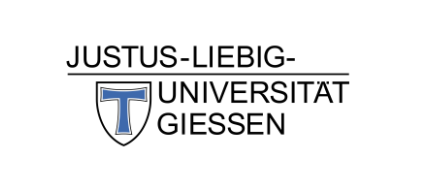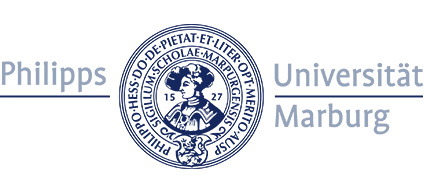23.12.2022 iGEM 2023

What is iGEM?
iGEM (International Genetically Engineered Machine) is an international synthetic biology competition hosted by the eponymous iGEM foundation. This competition encourages students to push the boundaries of synthetic biology by using it to tackle complex problems of local and global scale. Following established engineering principles, hundreds of multidisciplinary teams build their own projects from the ground up and compete for a multitude of prizes in different focus areas. The pinnacle of this competition is reached every fall, when all of the teams come together to present their work at the annual Grand Jamboree in Paris.
Our Project
For the 2023 season, the Marburg iGEM team will once again dive into plant synthetic biology, with the creation of a genetic toolbox for Agrobacterium tumefaciens. One of the main hurdles to advancing plant SynBio has been the slow and tedious process required for introducing transgenes into plants. The most widely used transformation method relies on the use of Agrobacterium tumefaciens, an alpha-proteobacterium that naturally inserts genes into the cells of plants as a part of its infection cycle. Despite its pervasiveness in plant research, it is still far from being able to reliably transform all plants. In fact, of the more than 370,000 seed plants found in nature, fewer than 0.1% have an established transformation protocol (Cao et al., 2022).
In comparison to the most common prokaryotic chassis in synthetic biology, genetic tools for engineering Agrobacterium are limited. With a comprehensive toolbox of standardised and characterised genetic parts, a door opens for improving transformation efficiency and even expanding the number of transformable species (Thompson et al., 2020).
For more information about this year's project, visit the Twitter account. You can find the link here: iGEM Marburg 2023
References
Cao, X., Xie, H., Song, M., Lu, J., Ma, P., Huang, B., Wang, M., Tian, Y., Chen, F., Peng, J., Lang, Z., Li, G., & Zhu, J.-K. (2023). Cut-dip-budding delivery system enables genetic modifications in plants without tissue culture. Innovation (Cambridge (Mass.)), 4(1), 100345. https://doi.org/10.1016/j.xinn.2022.100345
Thompson, M. G., Moore, W. M., Hummel, N. F. C., Pearson, A. N., Barnum, C. R., Scheller, H. V., & Shih, P. M. (2020). Agrobacterium tumefaciens: A Bacterium Primed for Synthetic Biology. BioDesign Research, 2020. https://doi.org/10.34133/2020/8189219
Contact
iGEM Team 2023


